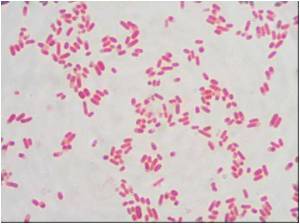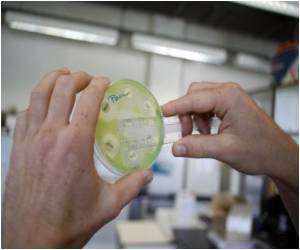
Asked which countries had stopped buying Spanish produce, FEPEX president Jorge Brotons told a news conference: "Almost all Europe. There is a domino effect on all vegetables and fruits. A psychosis has been created."
German authorities said they detected the potentially dangerous bacteria on organic cucumbers imported from two producers in southern Spain's Andalucia region.
"Orders are plunging daily," Brotons said.
"It is as if an order had gone out across Europe not to buy Spanish produce," he added. "Every week we are throwing out hundreds of tonnes of produce."
With no alternative markets, "it could lead to the ruin of the industry," Brotons said.
Advertisement
"There are Germany supermarkets now that put out a sign saying: 'No Spanish produce sold here'," Pozancos said. "The problem does not come from us, it comes from where the bacteria were detected in Germany.
Advertisement
It was up to Germany to resolve the problem and to restore the Spanish industry's image, he said.
Of 9.4 million tonnes of Spanish fruit and vegetables exported in 2010, the biggest share, 24 percent, went to Germany, according to the producers' federation.
The outbreak of E.coli bacteria poisoning erupted more than two weeks ago, sickening hundreds and killing 15 people -- 14 in Germany and one in Sweden who was believed to have been infected in Germany.
In Spain, a 40-year-old man who recently returned from Germany was in intensive care in northern San Sebastian with a possible E.coli infection, yet to be confirmed with tests.
Enterohaemorrhagic E. coli can result in full-blown haemolytic uraemic syndrome (HUS), a disease that causes bloody diarrhoea and serious liver damage and which can result in death.
Madrid rejects any blame for the outbreak.
The government says there have been no infections in Spain and argues there is no evidence the infection comes from the cucumbers' origin in Spain rather than in later handling elsewhere.
Agricultural Minister Rosa Aguilar complained Germany had pointed to Spain as the origin "without having reliable data" during a meeting of EU agricultural ministers in Debrecen, Hungary.
"Today, we have to present the issue as a common problem and have to ask for a compensation not only for Spanish producers but for all the European producers concerned by the situation," she said.
The Andalucian region says suspect cucumber batches from the two distributors in Almeria and Malaga have been withdrawn pending soil, water and produce tests, with results due Wednesday.
Samples from suspect batches were sent to a laboratory in the northwest province of Galicia for testing.
Source-AFP













